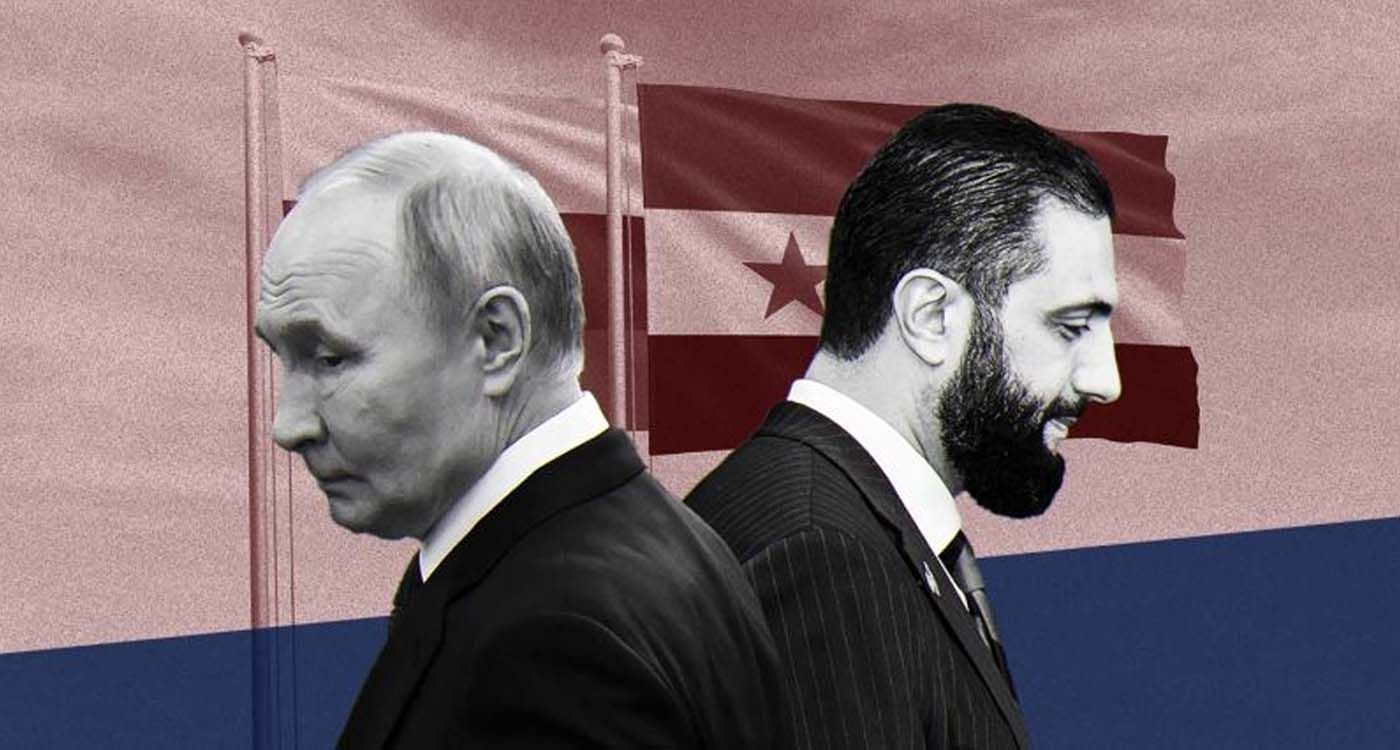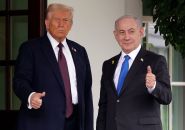- Home
- Middle East
- Moscow Talks: Syria and Russia Confront Sensitive Issues

©This is Beirut
Syrian President Ahmad al-Sharaa will visit Moscow on October 15 to attend the Russia-Arab League summit, according to al-Hadath. This marks the first high-level meeting between Syria’s new leadership in Damascus and the Kremlin. The visit comes as several sensitive issues remain unresolved, including the future of Russian military bases in Syria, debts from the Bashar al-Assad era, canceled economic projects and Moscow’s broader role in the region.
A Strategic Lifeline
Russia’s military presence in Syria centers on two key sites: the Hmeimim airbase in Latakia province and the port of Tartous, Moscow’s only permanent naval access to the Mediterranean. According to the Council on Foreign Relations (CFR), these facilities are crucial for projecting Russian power across the Levant and Africa, serving as logistical hubs for operations in Libya and the Sahel. Any challenge to these bases would represent a major strategic setback for Vladimir Putin.
While these installations remain vital for the Kremlin, Damascus is unwilling to continue the favorable terms granted under Assad. Reuters reports that the new authorities are demanding a renegotiation of the leases in exchange for compensation and guarantees.
For now, Russia maintains its presence but under strict Syrian supervision, with authorities escorting convoys and controlling site access.
Debts and Compensation
Economic issues remain a major point of tension. According to the US think tank Carnegie Endowment for International Peace (CEIP), Sharaa’s Syria is seeking to cancel or renegotiate debts owed to Moscow while also demanding reparations for the destruction caused by years of Russian strikes. The Syrian Ministry of Finance has estimated the country’s external debt at $20–23 billion, a substantial portion of which is owed to Russia.
In late January 2025, during a meeting between Syrian officials and Russian envoy Mikhail Bogdanov, Damascus demanded the cancellation of these debts and the return of funds allegedly deposited in Russia by Assad. Moscow denied the existence of such assets, but the matter remains highly sensitive. For the Kremlin, agreeing to these demands would amount to acknowledging responsibility for Syria’s devastation, a politically risky precedent.
Investments and Trade
Under Assad, Russian companies were heavily involved in strategic sectors including energy, infrastructure and construction. Beginning in 2025, the new Syrian government gradually terminated these contracts. Management of the port of Tartous was handed over to Dubai Ports World, the printing of Syrian currency was outsourced to Germany and the United Arab Emirates, and payments to Russian firms involved in water treatment projects were suspended.
While Moscow attempted to revive its exports of oil and wheat to Syria, Damascus’ imminent reintegration into the SWIFT system has reduced the viability of these exchanges. Western sanctions on Russia also make financial cooperation risky for a country seeking to normalize relations with the United States and the European Union. Renewed engagement with Germany, the lifting of Western sanctions in spring 2025, and the Gulf monarchies’ support for reconstruction are pushing Syria toward alternative partners.
Between Historical Hostility and Tactical Reconciliation
Resentment toward Russia remains strong among Syrian Islamist factions. As the CEIP notes, these groups have not forgotten the Russian bombings from 2015 to 2023, which helped Assad’s regime maintain power. Yet regional dynamics are pushing Damascus to restore ties with Moscow.
Clashes with the Druze in Sweida and Israeli strikes against Syrian forces have led the Syrian government to reconsider Russia’s role as a potential counterweight to Israel. In August, Syria allowed Russian military patrols to return to Qamishli and considered their deployment in the south. According to Reuters, Moscow has proposed enhanced cooperation, including revising old agreements and providing security guarantees for its bases. Russia could once again serve as a buffer, as it did under Assad, slowing certain Israeli operations without directly confronting them.
Regional Balances
The Russia-Syria relationship is now heavily influenced by external factors. According to the CFR, Turkey, the main supporter of Syria’s new government, may tolerate a Russian presence to counterbalance the US and Israel, but this stance remains pragmatic and reversible.
At the same time, the Gulf monarchies, now Syria’s primary donors, have little interest in strengthening Moscow, and the West is pushing for a Syrian-Israeli rapprochement under Washington’s guidance.
Furthermore, the war in Ukraine continues to limit Russia’s military and financial capabilities. As the CEIP explains, Moscow remains too preoccupied to commit substantial resources to Syria, reducing its appeal as a strategic partner.
A Partnership on Hold
As the Russia-Arab League summit approaches in Moscow, where Vladimir Putin hopes to host Sharaa, the relationship between the two countries remains ambiguous, shaped by both mistrust and strategic calculation.
For Damascus, the aim is to obtain concessions, limited military support and greater diplomatic recognition without falling back into dependence.
For Moscow, the challenge is to safeguard its bases, maintain a regional role, and ensure that a decade of military and political investment in Syria does not end in failure.
The Kremlin still holds leverage in Syria but must offer tangible incentives to preserve its position. Once anchored in Assad’s loyalty, the Russia-Syria relationship has become a delicate balance defined by pragmatism and the competing interests of powers in the Levant.
Read more




Comments